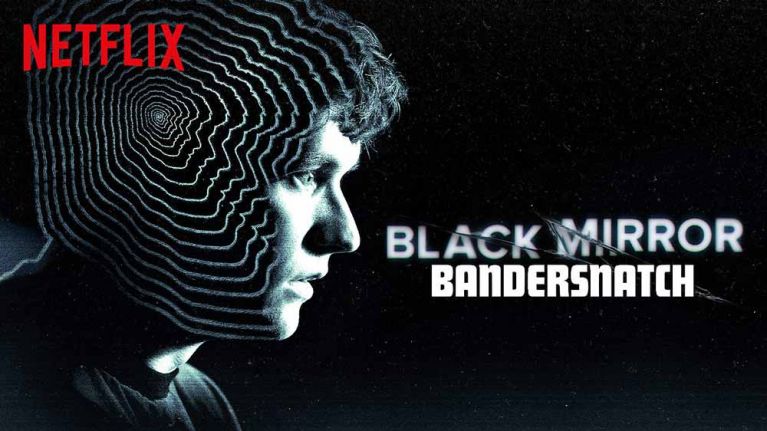Interactive fiction is nothing new, but “Black Mirror: Bandersnatch” is fully aware of that. In fact, the film was maybe too aware of the popularity of “choose your own adventure” books of the ’80s and ’90s, and Netflix is being sued by Chooseco LLC over trademark infringement. But don’t be so quick to believe that interactive digital fiction is something new, either.
Authors of electronic literature have been experimenting with non-linear plots and audience interactivity since they’ve had access to the technology which allows them to do so. Actually, the very process of choosing between two options underscores the binary decisions that occur within computers when they are programmed down the path of either 1 or 0, on or off.
One of the many authors of electronic literature today, Marc Marino, even confessed to being inspired by the “choose your own adventure” books which he often read growing up. It would be no surprise if Charlie Brooker, the creator of the Twilight Zone-esque anthology series “Black Mirror,” had some connection as well to these pop-culture forerunners of interactive fiction.
Back, probably by popular demand, is the ’80s aesthetic. This is a suiting era to set the stage since it saw a boom in personal electronics, including the home computer. To further this nostalgia, the viewer is even granted, of the many almost arbitrary choices, the opportunity to pick between soundtracks and artists like the Thompson Twins.
If one can get over the fear of missing out on the neglected choices, then the best thing “Bandersnatch” offers is a re-hashing of the idea that people have less free will than they believe.
The point of discussion following the viewing of the film is often centered around which ending the viewers ran into. Don’t bother asking, and don’t bother re-watching, the film is fairly standardized, despite the many choices and their cul-de-sac ends. The imperative question is instead, where was the horror?
If you’re used to the terror that Brooker presents in “Black Mirror,” then “Bandersnatch” might seem watered down and lacking in its usually concentrated social critique of the way humans use technology.
The horror instead turns away from technological wounds and revolves around the human mind’s fragility in the face of a loss of free will. But this only begs the question, could the scariest part of the film really be that the only decisions we are capable of making are which brand of cereal we will eat?
Perhaps the horror lies in the notion that algorithms are crafted by studios like Netflix to curate fiction which achieves “the greatest common denominator” of style within genres. Brooker could be trying to tell us, in a meta way, that the technology and algorithms of these streaming sites are being weaponized to further “genre-fy” and sequester taste. Good luck expanding your horizons when you’re bombarded with suggested movies that regurgitate the same plots and problematic tropes.
The modern-day viewers are not given much more freedom to choose their entertainment than movie-goers of the past, not when they succumb to the few select options strategically thrown at them by algorithms based on their choice of a flick. But if this is what “Bandersnatch” was really trying to get at, it failed to move me, because I’ve already begun re-watching the “Twilight Zone.”












